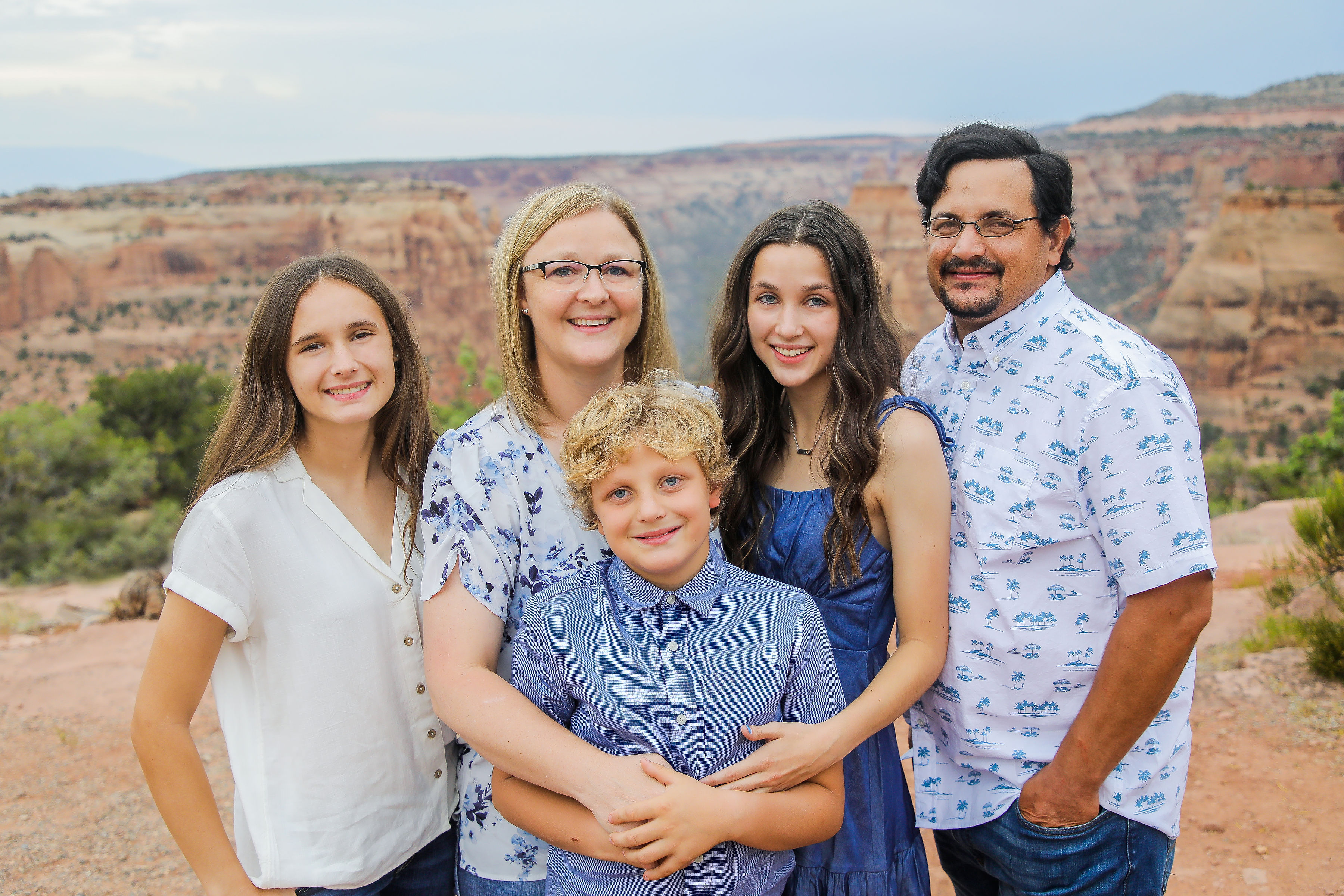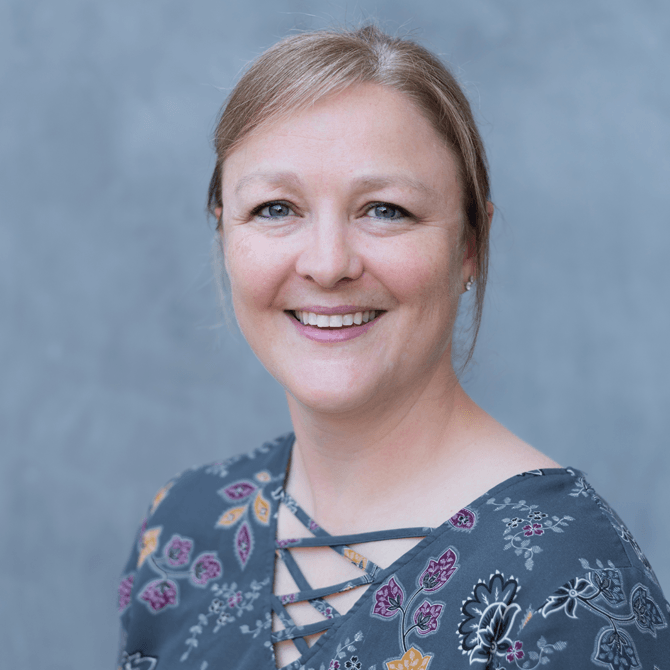Dr. Peggy Wrich
Doctor of Osteopathy
Primary Care Partners
Dr. Peggy Wrich shares how she demonstrates the importance of humility in healthcare on a daily basis–
“One of the things I never imagined in a million years was how much I would say, ‘I don’t know.’ I used to hate it. As a physician, I felt like I had to come up with a reason for everything. I’ll try to figure it out, of course, but I feel like now I say ‘I don’t know’ all of the time now. That’s not a bad thing, it just means you get to investigate and problem-solve.”
Growing up on a cattle ranch in Hotchkiss, Colorado, Dr. Wrich remembers helping her dad deliver calves in the spring. However, when asked what she wanted to be someday, she never said veterinarian—always doctor. It was a surprising choice, coming from a family where no one had practiced medicine. When Dr. Wrich entered medical school, she realized she had delivered plenty of calves but precious few human babies, and yet she felt drawn to care for newborns, children, adolescents, and young moms.

During her undergrad at Colorado State University in Fort Collins, Dr. Wrich started out as an Exercise Science major, but switched to Anatomy. She worked at the hospital as a phlebotomist to help pay for college. After graduation, she married her husband Brian and enjoyed a several-day-honeymoon before moving to Des Moines, Iowa to attend medical school. When her mom was diagnosed with cancer just as she was ready to apply for residency, Dr. Wrich scratched all other options, hoping she would be accepted into St. Mary’s residency program in Grand Junction, and was thankful when the plan worked out, allowing her to be near family in their time of need. She started practicing medicine in 2011 and works in family practice at Primary Care Partners (PCP) where taking care of babies remains her favorite part of the job.
Dr. Wrich genuinely enjoys building relationships with families and caring for people of all ages. A brief interaction with her reveals down-to-earth common sense and a good natured, easy laugh. Dr. Wrich says, “People who seem a little bit more human are easier to confide in. We’re willing to talk with someone who’s not robotic, but human–someone we feel we can relate to.”
Dr. Wrich loves working with multiple generations and feels this provides a deeper understanding of one’s family history. She has seen, even in this past decade, how medicine has shifted away from family doctors giving care in every setting, including the hospital, to more clinic-based care. Even within the family of PCP, diverse physicians bring their own set of unique gifting to the table. “I tend to see a lot more babies, kids, and adolescents than some of the other physicians in my practice. I do a lot with women’s health too—whether with IUDs, other birth control or GYN stuff. But others in my practice tend to see primarily the elderly. One of our partners does acupuncture, a few others specialize in concussions, so there’s a wide range of things we know well.”
Alongside the great joy of delivering babies and watching families grow, Dr. Wrich, like many providers, can be hit hard with the reality of loss. “It’s a great job—except for when it isn’t. Then it’s really hard,” she admits. Brushing up against death as part of your occupation can be overwhelming. “Sometimes even the deaths that are expected can be hard. It can get trying at times and can make you feel burned out.” Dr. Wrich remembers her first harrowing experience. She’d been caring for a woman throughout her pregnancy but discovered near the end that the baby had a life-threatening condition. The baby was delivered by C-section and only survived a short time. “That was the first time something like that had happened to me and it was just devastating!” Thankfully the story did not end there. Several years later, Dr. Wrich was able to care for the same woman, now pregnant again. Her baby was born healthy, and the family was able to celebrate, despite their grief. “It was really rewarding,” she acknowledges.
Overall, the positives outweigh the challenges in medicine. Dr. Wrich recalls moments that stand out “like something out of a Hallmark movie.” Infertile couples getting to adopt. Intimate moments in the birth room. She articulates it well: “You are really in people’s personal lives… sometimes it’s telling the 30-year-old they have cancer. I don’t want to be the person saying that. But then you get to tell someone who’s been trying for years that they’re pregnant. You can’t take it for granted.”
Wrich has three children at home she doesn’t take for granted either–two daughters and a son (ages 20, 17, and 11). She plays a lot of tennis, and together the Wrich family likes to hike and go to Nuggets and Avalanche games. More than anything, they simply enjoy downtime together and hanging out around their home.

